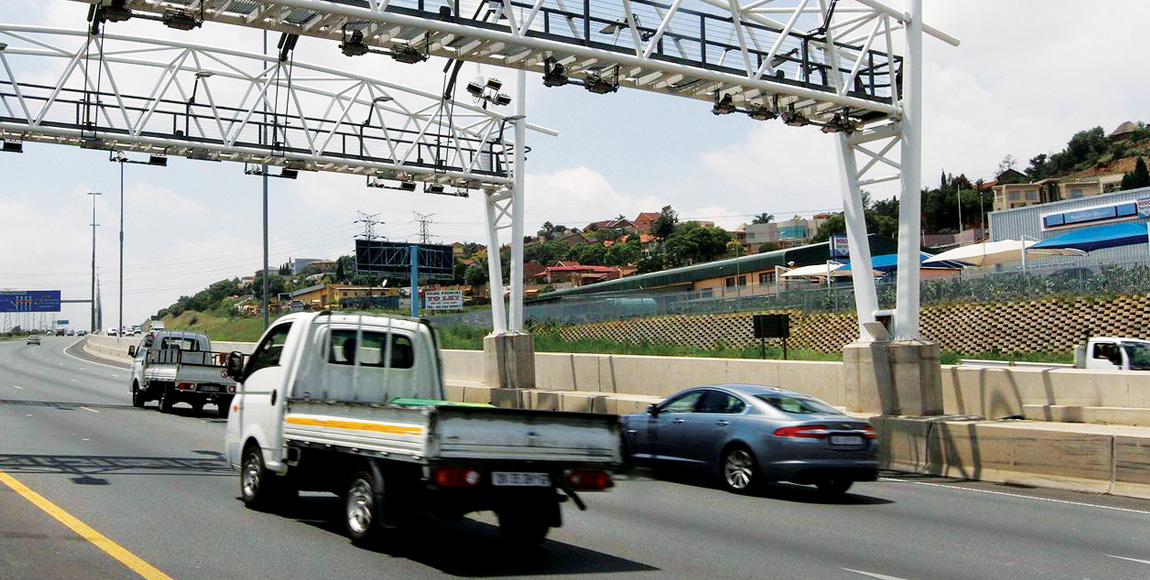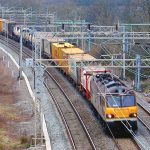When forces collide

Is the government compromising its own objectives – and that of this industry?
Like many economists in the country, I tuned in attentively on October 24 to listen to new Finance Minister Tito Mboweni deliver his maiden Medium Term Budget Policy Statement (MTBPS).
Like many, I was hopeful that somehow Mboweni would be able to produce something special; that the economy had a surprise in store that would miraculously put us back on the growth path envisioned in the National Development Plan.
In all honesty, and with the gift of hindsight, anyone inheriting the economy in the state in which it finds itself would be limited in their course of action. A silk purse from a sow’s ear, as went the maxim that followed Pravin Gordhan’s reign.
Instead, I noticed something in the minister’s speech that stood out initially, but has since escalated. At one point, Mboweni mentioned: “If we want a road infrastructure that works, we need to pay our tolls.”
Insisting on keeping the e-tolling system, which symbolised everything that was wrong under the previous administration, was surely likely to raise the ire of the residents of Gauteng. This is exactly what happened. Early in November, the ANC in Gauteng marched in protest to insist that e-tolls be scrapped, citing a complete failure of the system. And the motives were clear.
The ANC in the province is aware of the resistance against the system among the urban voter, and with the elections on the horizon, this is likely to be a sticking point come voting time.
It is not my intention of this month’s column to debate the virtues of e-tolls, or alternative payment systems to fund the Gauteng freeway system. As the economic beating heart of the country, with some of the highest provincial immigration rates and magnitude of freight transported through the system, it is necessary that the road network is well maintained to allow for growth to continue.
Instead, I’d like to focus on the goals of government in driving growth, within the context of the margins in the logistics industry.
The government has prioritised job creation as a way to lift growth and propel the economy out of the long-term cycle of high youth unemployment. To do this, government needs to create a profitable environment for the freight industry.
Unfortunately, external factors have contributed to tighter margins in the industry, as the higher petrol price and increased cost of imported components will limit expansion plans of operators.
Down the line, raised interest rates could compromise this further. Operators will then face the difficulty of attempting to create employment, while facing higher fuel levies, higher VAT and the insistence of maintaining the e-toll system in its current form.
As these two objectives (employment versus taxation) run counter to each other, the government needs to prioritise fixing the system before the liabilities of the South African National Roads Agency cut into infrastructure spend, and the whole system suffers.
Published by
Sam Rolland
focusmagsa




